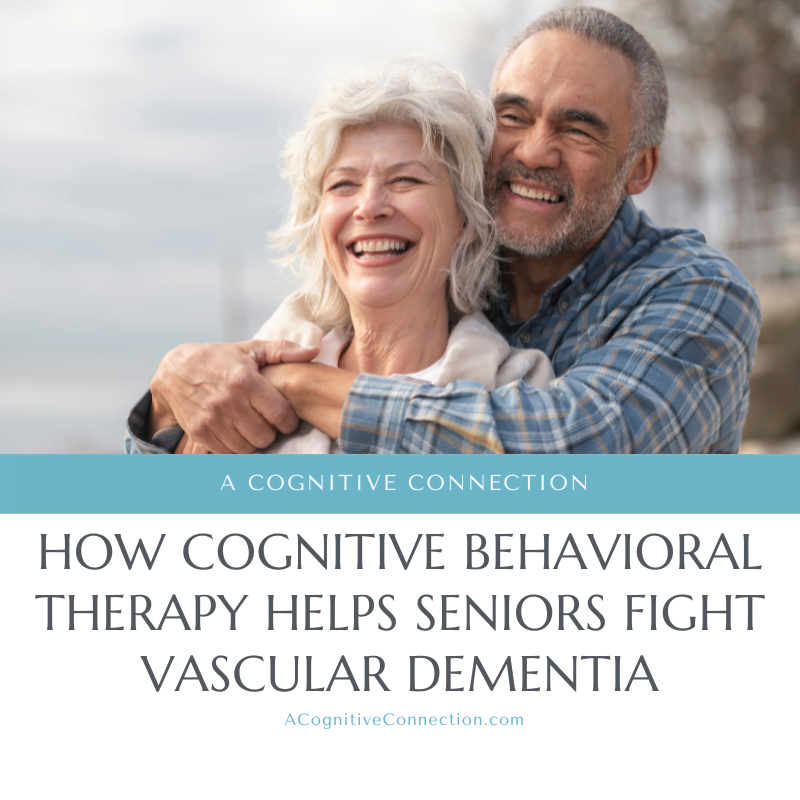ADHD, or Attention Deficit Hyperactivity Disorder, is a neurodevelopmental disorder that affects both children and adults, impacting their ability to focus, control impulses, and regulate energy levels. It can significantly interfere with daily functioning and lead to challenges in school, work, and relationships. While medication is often a part of treatment for ADHD, behavioral therapy also plays a crucial role in managing symptoms and improving overall quality of life.
At A Cognitive Connection, we recognize the importance of understanding and addressing the underlying causes of behaviors associated with ADHD. Our comprehensive approach integrates cognitive therapy, behavioral interventions, and cutting-edge technologies to provide personalized support for individuals with ADHD and their families.

Understanding Behavioral Therapy for ADHD
This type of therapy for ADHD focuses on teaching individuals coping skills, improving executive functioning, and modifying behaviors to enhance daily functioning and reduce symptoms. Here’s a closer look at some key components:
1. Skill Building
Behavioral therapy helps individuals develop essential skills such as organization, time management, and problem-solving. Through structured exercises and activities, individuals learn practical strategies to manage their symptoms and navigate daily tasks more effectively.
2. Behavior Modification
Behavioral therapy employs techniques such as positive reinforcement, token economies, and behavior contracts to encourage desired behaviors and discourage impulsive or disruptive behaviors. By establishing clear expectations and providing consistent rewards, individuals learn to regulate their behavior and make positive choices.
3. Executive Functioning Training
Executive functioning refers to a set of cognitive processes responsible for planning, organizing, and executing tasks. Behavioral therapy targets executive functioning deficits commonly seen in individuals with ADHD, helping them improve skills such as task initiation, sustained attention, and working memory.

4. Parent Training
In many cases, behavioral therapy for ADHD involves working closely with parents to implement effective strategies at home. Parent training programs teach parents how to create supportive environments, establish routines, and use positive discipline techniques to manage challenging behaviors and promote positive development.
5. Classroom Interventions
For children with ADHD, behavioral therapy often includes interventions implemented in the school setting. Teachers may use techniques such as behavioral contracts, visual schedules, and environmental modifications to support academic success and foster positive peer interactions.
Benefits of Behavioral Therapy for ADHD
Behavioral therapy offers numerous benefits for individuals with ADHD and their families:
- Improved self-regulation and impulse control
- Enhanced organizational skills and time management
- Better academic and occupational performance
- Strengthened parent-child relationships
- Reduced stress and frustration related to ADHD symptoms

Contact A Cognitive Connection for Support
At A Cognitive Connection, we understand the unique challenges faced by individuals with ADHD and their families. Our team of experienced therapists and specialists is dedicated to providing compassionate care and evidence-based interventions to support your journey toward better mental health and well-being.
If you or a loved one is struggling with ADHD, we encourage you to reach out to us for support. Together, we can develop a personalized treatment plan tailored to your needs and help you thrive despite the challenges of ADHD.
Experience the difference with A Cognitive Connection. Contact the team today to embark on your journey toward improved mental health and well-being!


